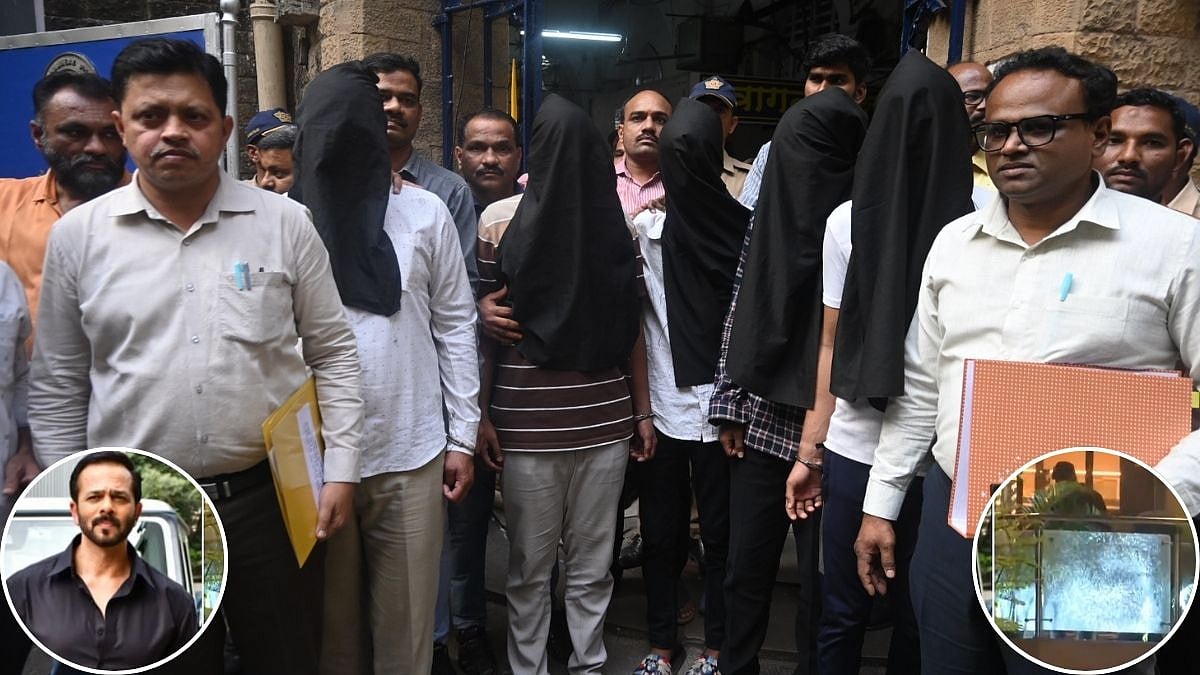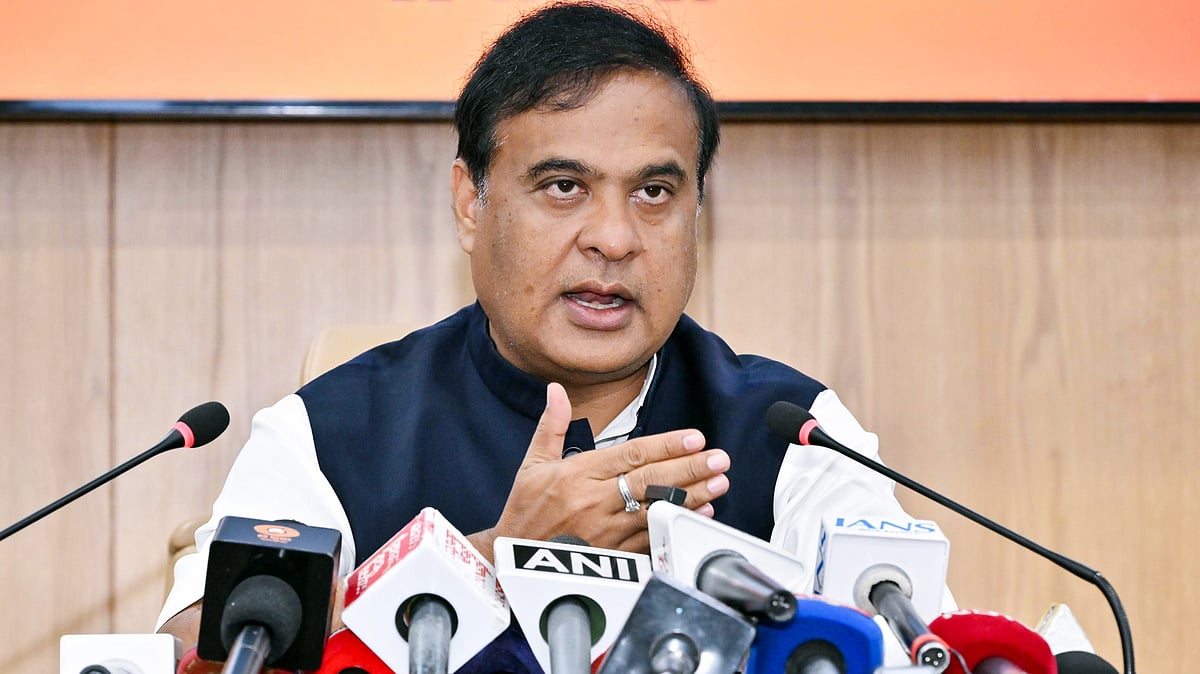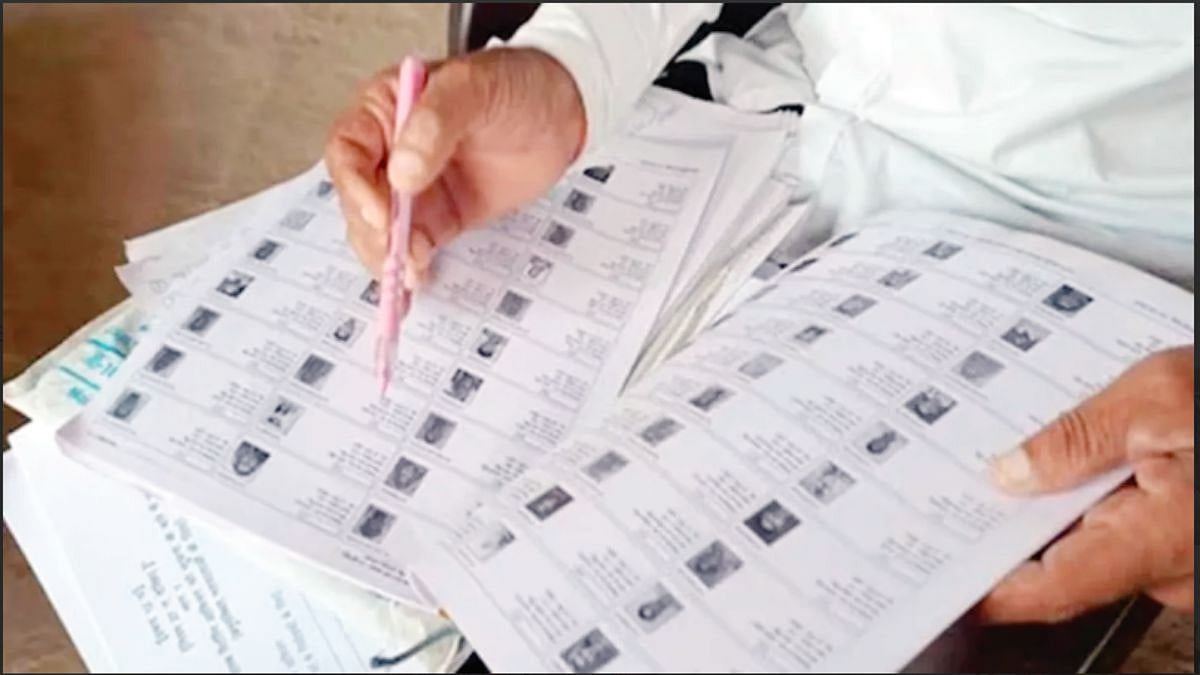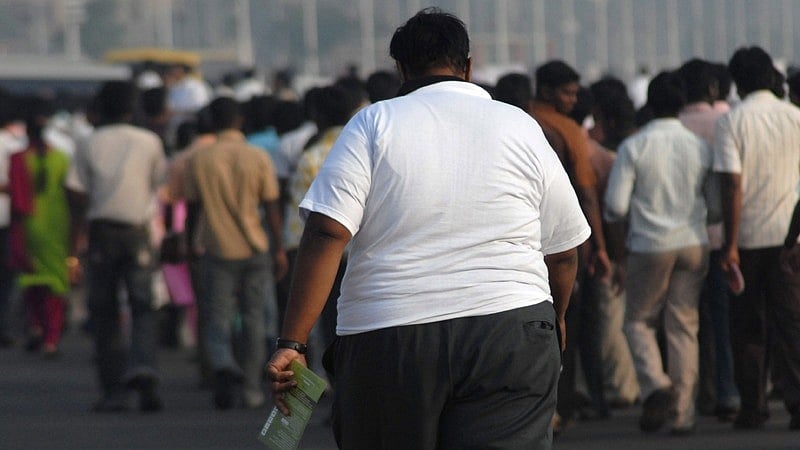A year earlier, His Holiness Dalai Lama became a victim of cancel culture when his remarks about Islam, women, Nehru and Europeans.
For starters, the Dalai Lama is a non-English speaker and it’s sad that we expect to judge him based on Guardian/Buzzfeed/Twitter level of woke culture when he’s an 85-year-old man.
He made those remarks last year in a BBC interview, one that a transgender Tibetan scholar named Tenzin Mingyur Paldron who asked us to see the statements in context.
The Dalai Lama, the author argues, is the same age as the author’s grandmother, a permanent guest in a foreign land with ‘everyday imperfections’.
TM Paldron had written: “It is also in my opinion a small moral failing on the part of the world that the media and public seem more interested in a clickbait headline but hardly stop to consider how fluency in English is a prerequisite to understanding what is going on in today’s world, as well as to being understood.”
First, what did he say? The Dalai Lama joked that if his successor was female, she’d have to be attractive. It led to a lot of internet outrage. The Guardian – the gospel of the liberal world order – called it The Week the internet cancelled the Dalai Lama.The joke, as the Tibetan explains, was on himself, a self-deprecating one lost in translation.
Europe for Europeans remark
He also said: “European countries should take these refugees and give them education and training, and the aim is return to their own land with certain skills. A limited number is OK, but the whole of Europe [will] eventually become Muslim country, African country – impossible.”
His remarks were panned for racist or Islamophobic but as Paldron explains, they also have to be taken in context of his actions that the idea of homeland is sacred to him, which is why he believes refugees should return home, much like he wants to return to Tibet.
Closer home
Remark on Nehru
Closer home, he was panned for his remarks on Nehru in August 2018, when he said: “Now look at India. I think Gandhiji was very much willing to give the Prime Ministership to Jinnah but Nehru refused. I think it was a bit self-centred attitude of Pandit Nehru that he should be the PM. If Gandhi's thinking had materialised, then India, Pakistan would've been united.”
The Congress-led Opposition was obviously enraged, and the Dalai Lama apologised. He was also seen as ungrateful because Nehru’s India had given him refuge for so long, but was he wrong?
There is a popular misconception that exists even amongst Indians who believe that if Jinnah had become PM, the partition could’ve been avoided and along with the bloodshed.
So what really happened?
On April 1, 1947 Mountbatten had a discussion with Gandhi, where he gave the solution that Jinnah be asked to form the Central Interim Government with Members of the Muslims. This wasn’t an offer to ‘head the interim government till Independence was proclaimed’.
Mountbatten said he was ‘staggered’ by the solution and claims that Nehru was not surprised to ‘hear of the solution’.
This wasn’t the first time Gandhi offered it either. According to Stanley Wolpert, in his biography of Jinnah, Gandhi wrote to Viceroy Linlithgow in 1942: “The Congress will have no objection to the British Government transferring all the powers it exercises to the Muslim League on behalf of the whole of India". Gandhi-ji added: "And the Congress will not only not obstruct any Government that the Muslim League may form on behalf of the people, but will even join the Government in running the machinery of the free State."
However, it would appear that Jinnah simply didn't trust Gandhi, and believed that Gandhi's idea of independence was 'Congress-raj'.
VP Memon, in the Mountbatten Papers noted that not only did Jinnah not take the offer seriously, but it ‘failed to amuse the Congress and annoyed the Hindu Mahasabha’.
Former Congress MP Mani Shankar Aiyar argues: “Hence, it was not Nehru's aching desire to be PM but principally Jinnah himself, Mountbatten and his staff, the Congress Working Committee and eventually a despairing Gandhi-ji who gave up on this will o' the wisp of keeping India united by making Jinnah PM. That should end such damaging forays into history as, alas, the Dalai Lama allowed himself to make. The nation should be grateful to His Holiness for withdrawing his remark before further damage was caused.”
Of course, all Nehru-history now has to be taken with a pinch of salt and one wonders how India would’ve reacted if the Muslim League formed the first government of an undivided India.










